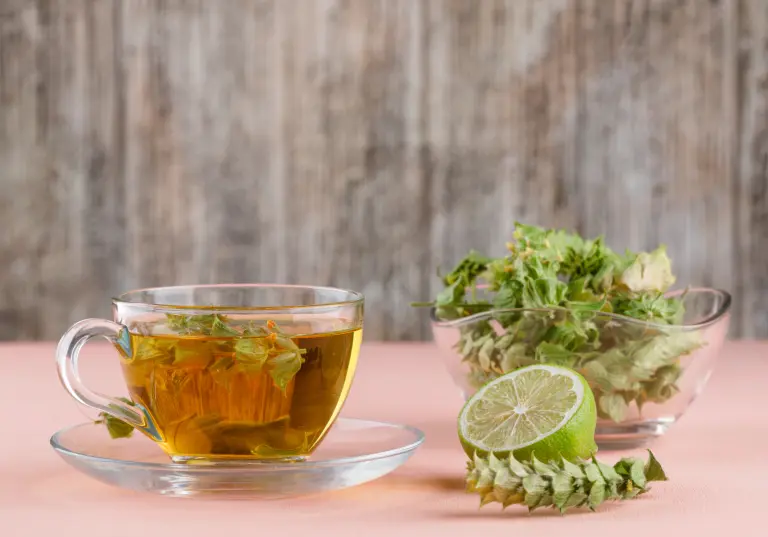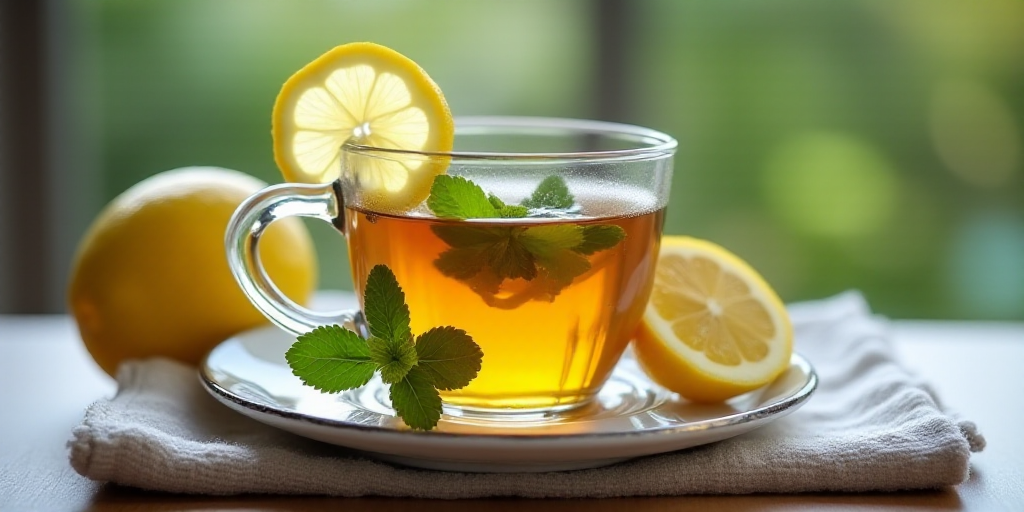Introduction
When your throat is sore and your body barely responds, there’s no soothing cough syrup quite like a warm cup of tea. In every Mexican home, there are formulas that have been passed down through generations: eucalyptus tea to clear congestion, chamomile to soothe coughs, or cinnamon and clove tea for comfort from the first sip.
These are not mere nostalgia; according to Mexico’s Secretary of Health, during colder months, the consumption of herbal infusions increases by up to 30%, reflecting public trust in natural medicine.
Key Herbs and Their Benefits
Thyme (Thymus vulgaris)
A classic in herbalism, thyme’s essential oil is rich in thymol and carvacrol, two powerful natural antiseptics that help eliminate bacteria and viruses. Moreover, its minty aroma acts as a decongestant by stimulating air circulation in the bronchi.

Té de tomillo
Honey
Recommended even by the World Health Organization, honey soothes the throat’s mucosa, calms coughs, and helps reduce irritation. Its viscous texture creates a protective layer that alleviates pain when swallowing.
Lemon
Besides providing vitamin C, lemon’s acidity helps balance the body’s pH, strengthening natural defenses. When combined with eucalyptus, the effect is immediate—the vapors help clear respiratory tracts and improve oxygenation.
The Ritual’s Impact
Beyond the science, there’s something else that’s only just beginning to be recognized: the ritual. Sipping a warm infusion slowly activates the parasympathetic system, reducing stress and helping the body regain balance.
Key Questions and Answers
- What are some popular herbal remedies for cold symptoms? Popular herbal remedies include ginger, thyme, and honey teas. Ginger has anti-inflammatory properties, thyme acts as a decongestant due to its antiseptic qualities, and honey soothes the throat and reduces irritation.
- Why is honey recommended by the World Health Organization? Honey soothes the throat’s mucosa, calms coughs, and helps reduce irritation. Its viscous texture creates a protective layer that alleviates pain when swallowing.
- What benefits does lemon offer beyond vitamin C? Lemon’s acidity helps balance the body’s pH, strengthening natural defenses. When combined with eucalyptus, the vapors help clear respiratory tracts and improve oxygenation.
- How does the ritual of drinking herbal infusions impact our well-being? Sipping a warm infusion slowly activates the parasympathetic system, reducing stress and helping the body regain balance.






